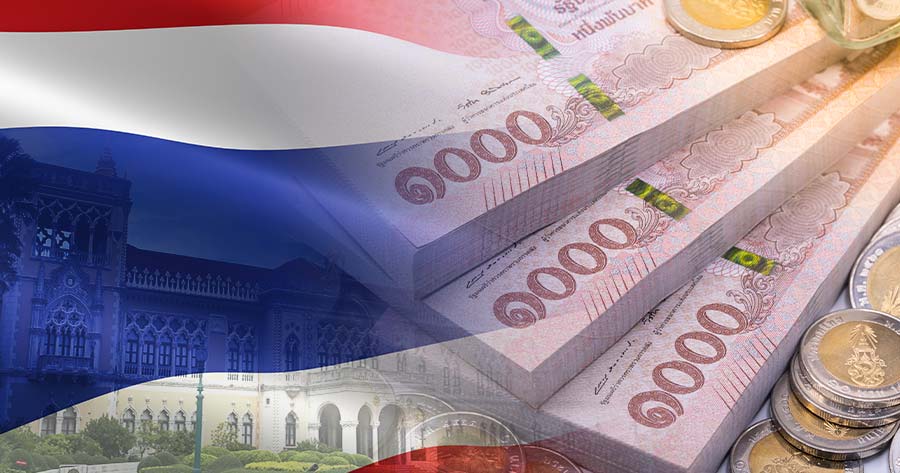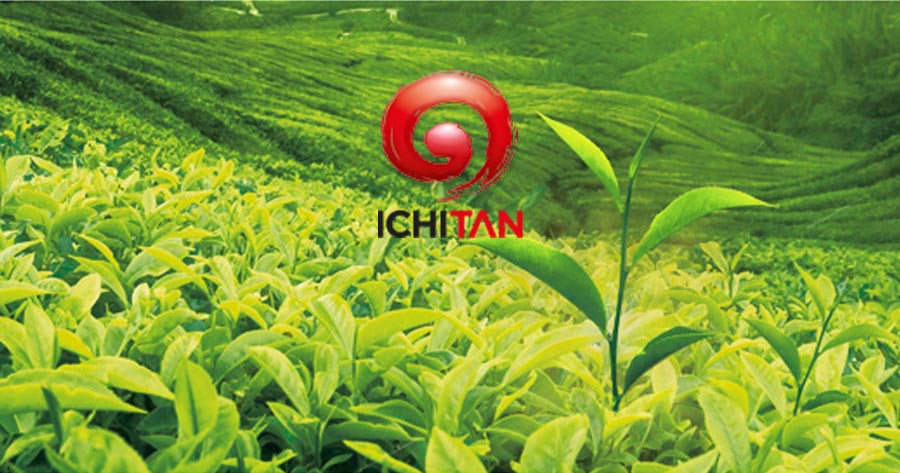Pipat Luengnaruemitchai, Head of Economist at Kiatnakin Phatra (KKP), stated that Thailand’s economy is facing a limit in fiscal policy, as the public debt will likely reach a 70% ceiling in the next two years. Meanwhile, the Bank of Thailand may slash additional policy rates this year.
He suggested that the government needs to rethink its stimulus measures to maximize the effect, amid pressures from outside factors including global trade and the United State’s policy that could impact Thai exports.
Pipat revealed that fiscal and monetary policy will play a key role in addressing risks, as will reforms to the economic structure to bolster investment and improve economic capability. However, the government still needs to rely on fiscal deficit policy to stimulate the economy.
The BoT could also cut additional rates this year, but the economy also needs to reform to effectively push for sustaining economic growth. However, the fiscal policy is reaching its limitation, as Thailand’s public debt inching closer to 70% of gross domestic product (GDP), and could surpass it in the next two years. Pipat added that the government will need to carefully choose its policy to ensure the best result for the economy.
In 2025, the Thai economy will grow 2.6%, slightly reducing from 2024’s 2.7% growth, said Pipat. The growth is expected to be mainly contributed by tourism and service sectors, but tailwinds from both sectors may slow down. Furthermore, borrowing in the banking sector has also shrunk due to household debt issues and the waning consumption of durable goods and real estate.
Thailand is also facing risks from the U.S. policy, which would exploit trade policy as a negotiation tool. Thailand ranked 11th among countries with trade deficits with the U.S. and could be targeted by the White House trade policy, which would impact many Thai exports including electronics, rubber, solar cells, machinery, and car parts.
Thailand will need to prepare to negotiate with the U.S., as the nation could be pressured to open the market in some product groups, including agricultural products that were protected by the tax rate and import restrictions from the U.S., said Pipat while adding that President Donald Trump policy will be highly unpredictable.





